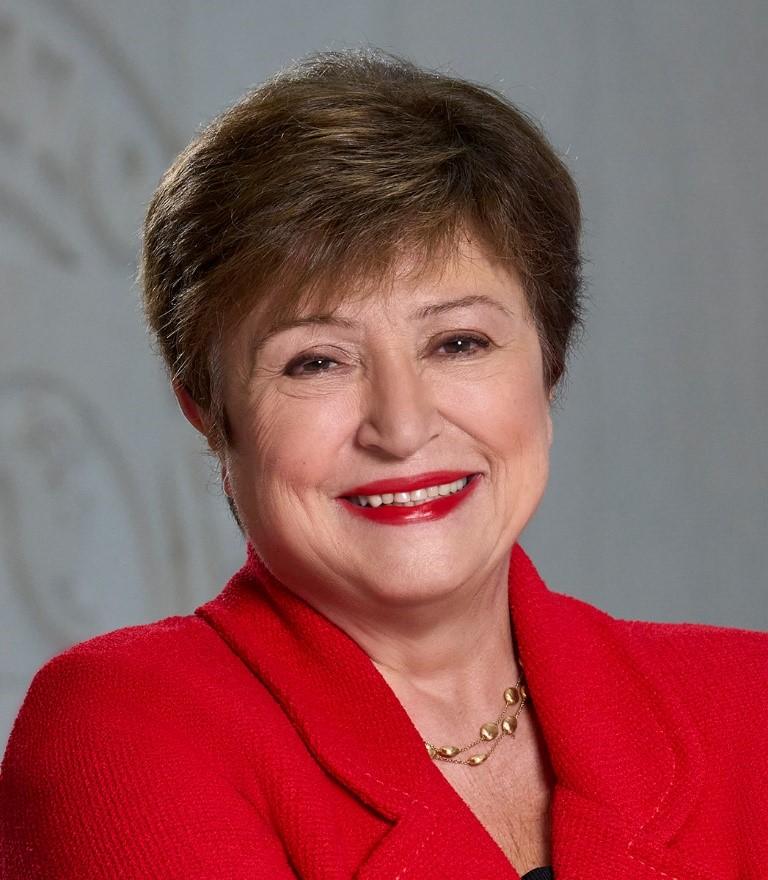The International Monetary Fund (IMF) has raised concerns about Nigeria’s economic outlook, warning that despite a series of bold reforms, the country continues to face substantial macroeconomic uncertainty.
This was disclosed following the conclusion of the IMF’s 2025 Article IV Consultation with Nigerian public policy officials, led by Axel Schimmelpfennig, the IMF Mission Chief for Nigeria.
According to the IMF, Nigeria has made commendable strides to stabilize its economy, increase resilience, and promote growth. Among the key achievements highlighted were the cessation of central bank financing of fiscal deficits, the removal of costly fuel subsidies, and improvements in the foreign exchange market’s operations.
“The Nigerian authorities have taken important steps to stabilize the economy, enhance resilience, and support growth,” the IMF stated in its final consultation report.
Despite these positive steps, the Fund emphasized that the benefits of these reforms have not been evenly felt across the country.
“Gains have yet to benefit all Nigerians as poverty and food insecurity remain high,” the report noted.
The IMF expressed concern that elevated global risks and falling oil prices are likely to weigh on Nigeria’s fragile recovery, adding that the economic outlook remains highly uncertain.
Looking ahead, the Fund recommended that Nigeria adopt stronger macroeconomic policies to build buffers, reduce inflation, and create a conducive environment for private sector-led growth.
It also stressed the importance of a “neutral fiscal stance” in response to declining oil revenues and urged the government to use the savings from fuel subsidy removal to protect vital development spending and support vulnerable citizens.
“In particular, adjustments should protect critical, growth-enhancing investment, while accelerating and broadening the delivery of cash transfers under the World Bank-supported program to provide relief to those experiencing food insecurity,” the report advised.
Additionally, the IMF advised Nigeria’s central bank to maintain a tight monetary policy to curb inflation, suggesting that announcing a disinflation path could help anchor expectations.
The IMF team held consultations with key stakeholders across the public and private sectors, including Minister of Finance Wale Edun, Central Bank Governor Yemi Cardoso, Minister of Agriculture Abubakar Kyari, and representatives from civil society, academia, and labor unions.
For advert placement and inquiries, publication of press releases, and news coverages, please call: Phone: 08052898434 Email: editor@eyereporters.com, click here to view the advert rates.



